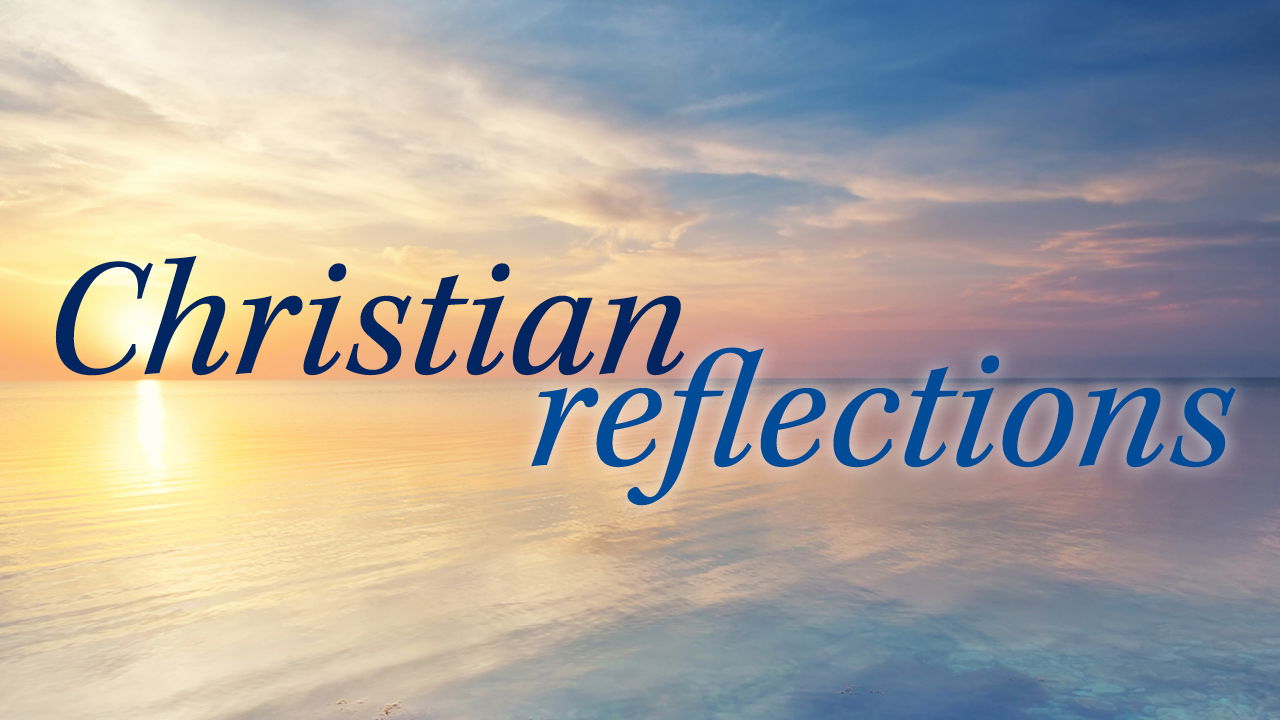Three helpful tips for election season

By Charles Christian
As a United Methodist minister, I tend to take seriously admonitions by the denomination’s founder, John Wesley (1703-1791). He and his brother Charles, a prominent hymn writer, helped start the movement we currently know as Methodism.
In 18th Century England, not everyone had the right to vote, but there were those within early Methodism who did. That means, of course, that there were opposing political views among those people of faith just like there are today within churches of all kinds throughout the country.
So, in his journal from October of 1774, John Wesley shared that he instructed those in this new Christian movement he was leading in three ways regarding elections. These tips are especially applicable today in the United States, where political opinions are extremely diverse and divided. Here is Wesley’s quote:
“I met those of our society who had votes in the ensuing election and advised them: 1. To vote, without fee or reward, for the person they judged the most worthy; 2. To speak no evil of the person they voted against; and 3. To take care their spirits were not sharpened against those that voted on the other side.”
The first of these is relatively easy. We all seek to vote for the person or persons we judge “most worthy.” Our way of measuring this differs, sometimes greatly. Some vote along party lines. Some vote for policy. Others vote for the character of the person. Still others vote for some combination of the three. This is one of the rights we are given as citizens, and people of faith often rightly use the best measurements they can based upon their faith commitments to make their choices.
The second and third pieces of advice Wesley gives are tougher, especially in our current political climate. To “speak no evil of the person they voted against” is almost unheard of today. Entire campaigns at every level seem to be built more on tearing down the other person rather than elevating the positive policies or characteristics of the candidate. Maybe taking this admonition a bit more seriously could help us cut through the rhetoric and move us toward seeking out the best for all people.
The final admonition — not having our “spirits sharpened against those who voted on the other side” — goes along with the second. As much as we may hesitate to admit it, good people disagree on both sides of an issue and on which candidates will govern the best. It is easy to elevate one issue or party platform so much that we are unable or unwilling to see how anyone could vote another way. Yet, throughout history, kind and compassionate people of faith have disagreed on who will govern better.
Maybe taking this one more seriously will help keep us from demonizing one another and the candidates who are running.
As election time approaches, it is right to defend our views, to oppose certain policies and to vote for whom we feel is best. It is best when we can do all of these things in a spirit of understanding, grace and love. That is the main difference faith should make in any election.
